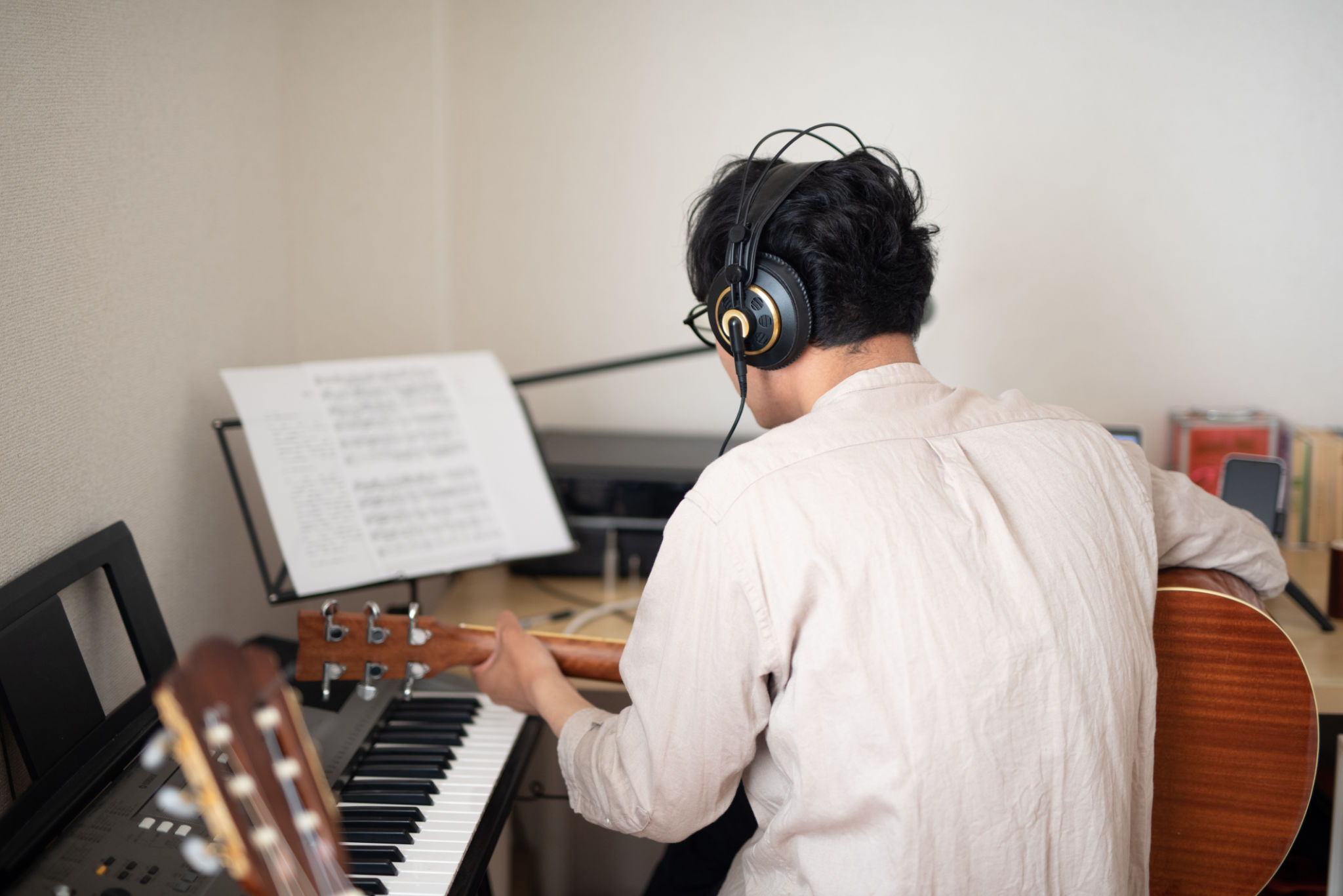Mastering the Art of Performance: Essential Skills for Aspiring Musicians
Introduction to Performance Mastery
Aspiring musicians often dream of captivating audiences with their performances. However, mastering the art of performance involves more than just talent. It requires a combination of essential skills and dedicated practice. Whether you're a budding pianist, guitarist, or vocalist, honing these skills can significantly enhance your stage presence and overall performance quality.

Developing Technical Proficiency
The foundation of any great performance lies in technical proficiency. This involves being able to play your instrument or sing with precision and confidence. Regular practice is key to developing this proficiency. Focus on scales, arpeggios, and challenging pieces to improve your technique. Remember, the more comfortable you are with your instrument, the more expressive you can be during a performance.
Understanding Music Theory
Music theory is an essential skill for any musician. It provides a deeper understanding of how music works, enabling you to interpret pieces more effectively. Familiarize yourself with concepts like harmony, rhythm, and melody. This knowledge not only aids in performance but also enhances your ability to compose and arrange music.

Building Stage Presence
Stage presence is the ability to command the audience's attention and convey emotion through performance. It's not just about playing the right notes; it's about connecting with your audience. Practice performing in front of mirrors or recording yourself to identify areas for improvement. Work on your posture, facial expressions, and gestures to make your performance more engaging.
Managing Performance Anxiety
Performance anxiety is common among musicians, but it can be managed with the right strategies. Techniques such as deep breathing, visualization, and mindfulness can help calm nerves before a performance. It's also helpful to perform regularly in front of an audience to build confidence. Over time, you'll learn to channel nervous energy into a powerful performance.

Effective Communication Skills
Communication is key to a successful performance. This includes both verbal and non-verbal communication. Practice speaking clearly and confidently when introducing pieces or engaging with the audience. Additionally, use body language to convey emotions and enhance the storytelling aspect of your performance.
Continuous Learning and Adaptation
The music industry is ever-evolving, and successful musicians are those who continue to learn and adapt. Stay updated with new trends and techniques, and be open to feedback from peers and mentors. Attend workshops, masterclasses, and performances by other musicians to broaden your understanding and inspire creativity.

Conclusion
Mastering the art of performance is a journey that involves developing a range of skills. From technical proficiency and music theory to stage presence and communication, each aspect plays a vital role in elevating your performances. By dedicating time to practice and embracing continuous learning, aspiring musicians can captivate audiences and leave a lasting impression.
